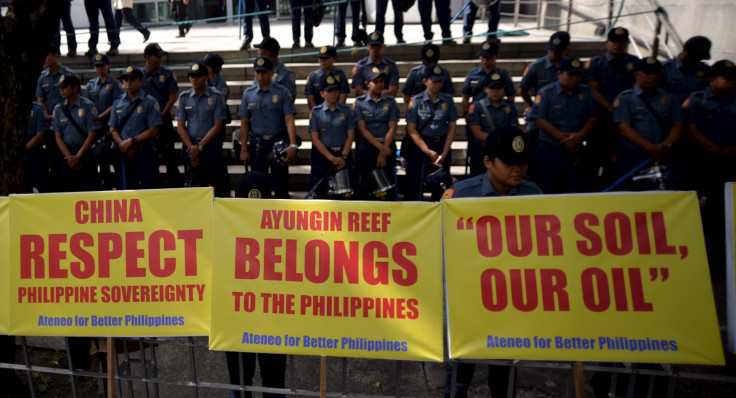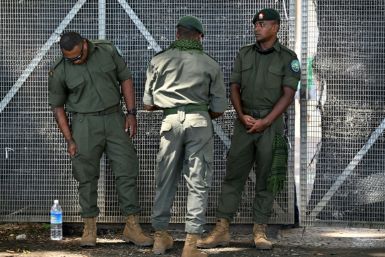PM Turnbull warns that war is possible if China continues South China Sea actions

Prime Minister Malcolm Turnbull said that if China continues to work its way in the South China Sea, it risks starting a war. Nonetheless, China defends its actions in the region, saying that its construction efforts are merely for public service purposes in times of disaster.
Prime Minister Turnbull warned Chinese Premier Li Keqiang on the matter, saying that continuing his sights on the disputed region can mean trouble. The South China Sea dispute was a topic of concern during the East Asia Summit in Malaysia on Sunday.
Turnbull cited historical examples to prove his case. He used ancient Greek Peloponnesian War around 2,500 years ago to point out how China's recent behaviour is "counterproductive" to its interests, according to The Australian Financial Review. He urged China's Li not to "fall into a Thucydides Trap." This was the term used when academics documented the Athenian and Spartan war.
The prime minister clarified that Australia was not a claimant to any of the disputed regions but China risks war with other countries including the United States. Turnbull considers China's territorial ambitions in the South China Sea as detrimental to its foreign interest since it is driving smaller threatened nations like Taiwan, Malaysia, Vietnam and Brunei to the United States. Foreign Minister Julie Bishop, nonetheless, added that despite not being a claimant, the Turnbull government maintains a legitimate interest in upholding international law across regions in South China Sea.
China defended its construction efforts in the region, denying that it is not building a military base.
"Building and maintaining necessary military facilities, this is what is required for China's national defense and for the protection of those islands and reefs," Reuters quoted Vice Foreign Minister Liu Zhenmin during a conference in Kuala Lumpur. The minister said that the country plans to expand and upgrade facilities on the islands to serve ships and fishermen in times of disaster.
Contact the writer at feedback@ibtimes.com.au, or let us know what you think below.






